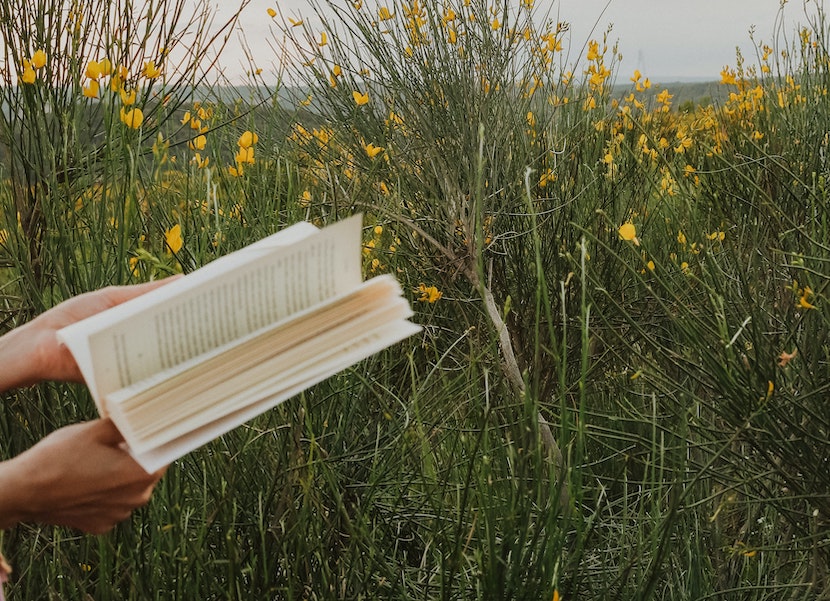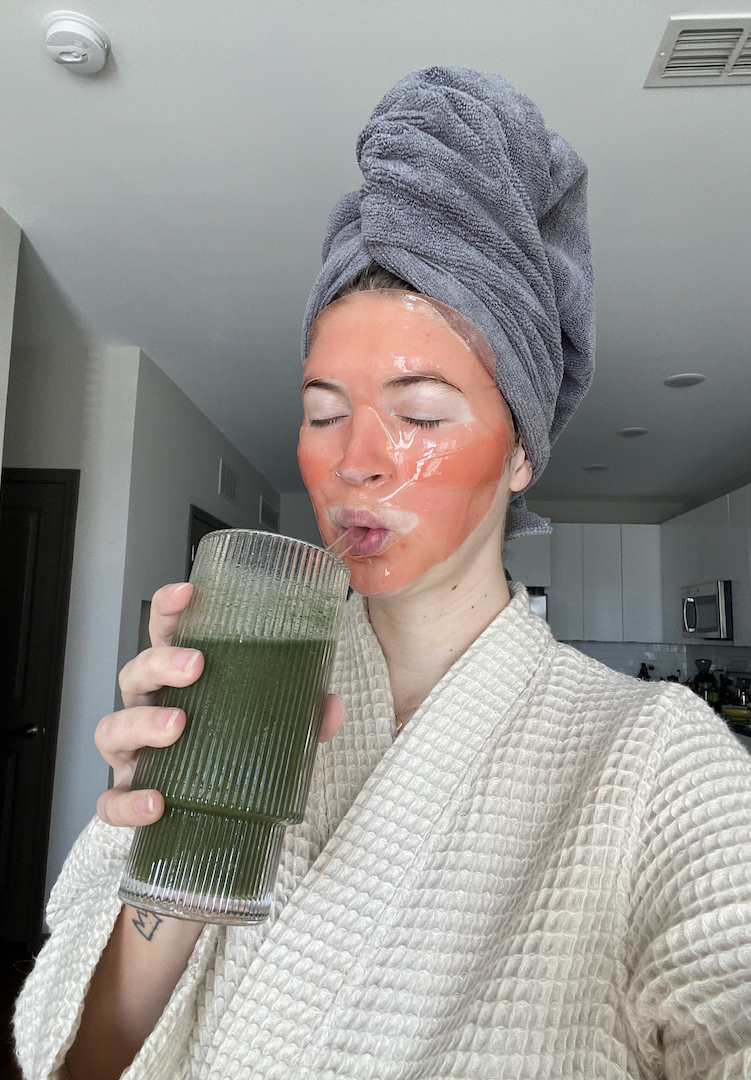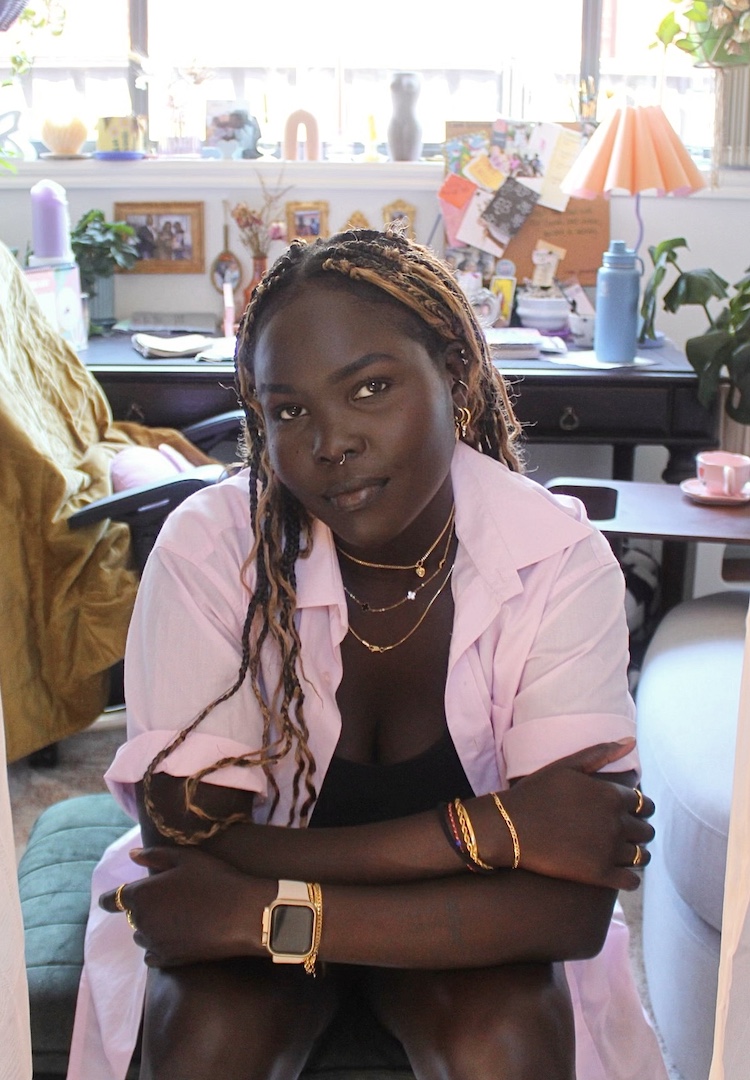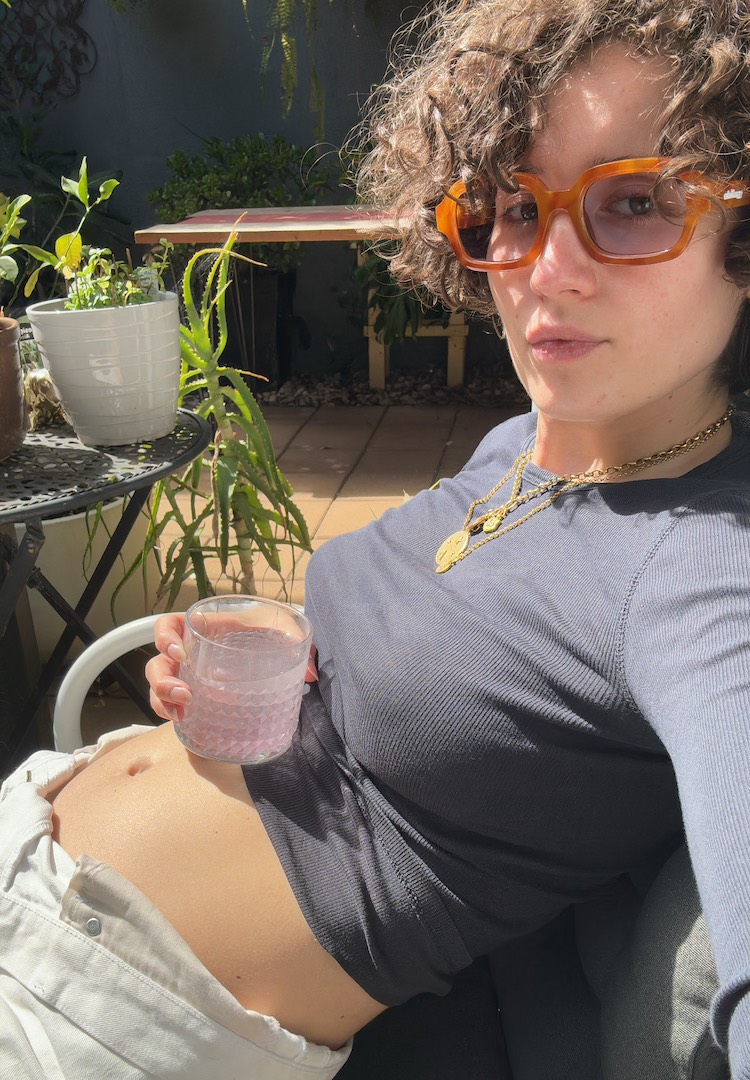I was a former journaling sceptic but here’s what I learnt after a month of keeping one
WORDS BY TOM DISALVO
“Expressive writing is scientifically proven to be beneficial, sometimes even as beneficial as seeing a therapist.”
As little as three months ago, the practice of journaling was to me akin to a 2005 Panic! At The Disco album – perhaps cathartic in theory, but probably better suited to an angsty teen who wears Tumblr quote T-shirts. The concept of trauma dumping on an inanimate page seemed like a messy and needless exercise, especially for someone so emotionally talkative they worry their friends’ ears might bleed.
It’s this scepticism that I brought to the first day of January 2023, when I relented to an Oprah-level self-help epiphany and resolved to keep a journal every day for the remainder of the month. Vowing to write both my sins and my tragedies à la Brendon Urie, much of my early journal entries reflect my reluctance around the entire enterprise.
Interested to hear how others navigate the world? Head to our Life section.
“Don’t know what I’m hoping to achieve from this, LOL,” an excerpt dated January 1 reads. In that entry, I question the mechanics of journaling itself. I struggle with technicalities like handwriting (I should have my pen licence revoked), then worry that I sound like Elmo because I switch to third person on a whim.
“How does this work?” I write in the opening lines on day one, mustering the energy of Greg Heffley from Diary of a Wimpy Kid. By the end of the excerpt, I selfishly vow that at the very least, the journal will provide material for my biography – which at that point would constitute all of three paragraphs. Forthcoming entries remain equally uninspired. On January 8, I tell myself to go for a run and then lament not completing the task the following day.
“Shower thought,” an excerpt from January 10 reads. “Why do I only break out when there’s a social event approaching?” While extracts like these pose uber-important questions for posterity, they nonetheless feel inconsequential as the first fortnight of my journaling experiment concludes.
Then, on January 16, I was made redundant at work. Overnight, entries barely stretching a page now extended until the pen ink ran dry, and a former journaling sceptic had become a bonafide convert (excuse the third-person reference).
Mary Potter Kenyon, a grief counsellor and author of the book Expressive Writing for Healing: Journal Your Way From Grief to Hope, also arrived at journaling from a place of loss. In March 2012, she lost her former spouse and wrote her first entry two days after his death. Now, Mary runs expressive writing workshops and has filled out some 20 journals since first adopting the practice over a decade ago.
“Expressive writing helped me process emotions I didn’t know what else to do with,” Mary tells me. “Keeping a journal is an inexpensive form of therapy.” I see glimmers of Mary’s journaling experience in my own. Post-redundancy, I write with more intention and consciously attempt to make sense of day-to-day anxieties.
While anecdotes like this go some way in explaining the mental health benefits of journaling, Mary explains how the practice has also been viewed by research as a “flexible tool in our mental health toolbelt”.
“Expressive writing is scientifically proven to be beneficial, sometimes even as beneficial as seeing a therapist,” Mary says. “Research shows that short-term, focused writing can have a beneficial effect for anyone dealing with stress and trauma. Writing about emotionally charged topics [can] reduce symptoms of depression or anxiety, [oftentimes] with veterans experiencing PTSD, cancer patients and those who have experienced a loss of some sort.”
But even beyond the writing of emotions – which in retrospect allowed me to process and organise thoughts that might’ve otherwise proved dizzying – the physical act of penmanship has likewise proven invaluable for mental wellbeing. “Writing is a form of meditative practice,” Mary explains. “We have to consciously slow down to write.”
With this understanding, I began re-reading my entries with a more attentive eye, a process equally as enlightening as the writing itself. I now find nestled even within the pages of my early scepticism some glimmers of manifestation and foresight. “I guess a big chunk of my day is now free to focus on new opportunities,” an entry four days after my redundancy reads. I pitched this very article the following day and here we are.
Mary also speaks of journaling as a tool for the law of attraction. Long before she met him, Mary jotted down “a checklist of attributes [my future husband] would have,” she recalls. Upon their first date, Mary “checked off all the attributes” and years later, would read from that very entry as part of their wedding vows. That re-reading process in itself contains a healing and almost predictive benefit unavailable to those who don’t keep daily records.
All of this is not to say that a journal can only be borne from a life-altering event. Mary recounts filling out an entire diary in the “period of extreme happiness” when she met her now-husband, offering a feel-good vessel to reminisce on their relationship. “I also journal through the good times,” Mary tells me. “[I can] relive the excitement of feeling like I was 19 again as we fell in love.”
Now further removed from being laid off and with a more dimensional view of journaling, my entries have likewise become records of better times. Two months on, the pages mirror the ebbs and flows of life, albeit messily and in script seemingly more suited to a year five student. It’s all that chaos, Mary explains, that might’ve informed my initial scepticism.
“Emotions are messy, so journal writing can also be messy,” Mary says. What was once a fear of dumping excess clutter has now become the very function of my journal – a record of the fact that my day-to-day, just like Greg Heffley’s, is beautiful because of all the mess.
While there are no hard-and-fast rules to journaling, Mary has a few pointers. She recommends a notebook that suits one’s personality, four days of consistent entries for those just starting out, and a disregard for semantics, spelling and punctuation. Mary’s research has found that “cultivating gratitude increases our wellbeing,” so she also suggests ending each entry with a note of thanks.
“By ending your journal entry on a positive note, you are training yourself to consciously choose joy and gratitude,” she says. It’s the same sentiment I now apply when reflecting on my own experience having put pen to paper for all these months. So in that spirit, I leave you with Mary’s final message in regards to keeping a journal; one that might’ve also been scrawled on my angsty pre-teen shirts: “Just give it a chance.”
For more on the benefits of journalling, try this.










